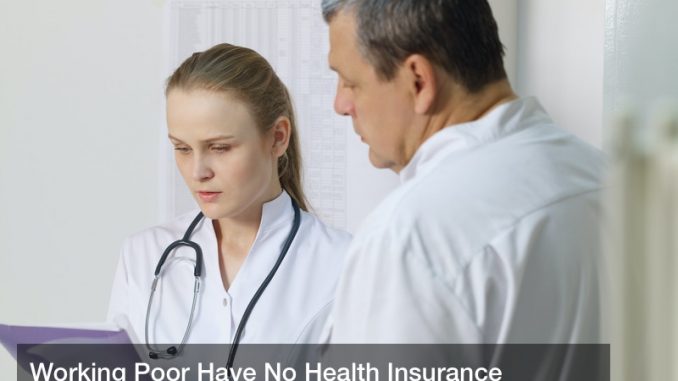

Florida’s “Extremely Low-Income Working People” are 5 times more likely to suffer an adverse health event than those who have health insurance. By setting up these people with health care, Dr. Rani Whitfield, Ph.D., said, it’s only natural that they improve their state of health and reduce the epidemic of poor health in America. Rani speaks before hundreds of people each week at the Nation Action Network’s State of Black Health Conference in Las Vegas.
For years, Dr. Rani Whitfield, a practicing in-hospital emergency physician, worked at the Baylor Medical Center Fort Worth and managed the primary care unit for the hospital’s predominantly black working poor patient population. When he wanted to give back to the community, Whitfield wrote an essay for the Baylor Health Care System that helped the hospital in its effort to establish a community-based health clinic for uninsured Fort Worth residents. He expressed an interest in helping launch the clinic, but was apprehensive about working for Baylor and its management, he recalled. But Whitfield ultimately decided to start her own nonprofit to meet the need for affordable, quality health care for the state’s poorest residents. Whitfield’s nonprofit, Bridges to Health Community Clinic, will provide medical care and primary education services to patients who cannot afford the cost of health insurance and treatment at other care providers. The organization will also attempt to connect people with resources they need to remain healthy. C-corps volunteers will support Whitfield and six full-time staffers who will be paid according to their education and experience. They’re looking for medical or administrative professionals to join their team, but otherwise anyone can join in. Bridges will establish a network of nurses, social workers, dietitians, teachers and community outreach workers to provide medical, health, dental and behavioral health services. The clinics, which will be open six days a week, will serve about 1200 people. Whitfield wants to expand the services to provide for those residents who do not have health insurance. He said the conditions that contribute to health are the same as those that contribute to poverty and economic struggle: high rates of obesity, smoking, lack of access to fresh food and economic stress. To date, Whitfield has received approval from Texas Health and Human Services to provide oral health services at Bridges to Health Community Clinic.
We also know that some people who are poor, but have coverage through employment-based plans, are being unfairly denied as beneficiaries of their plans. In her enlightening presentation, Dr. Whitfield, the director of community health training at Florida Southwestern Medical Center, described in great detail how we can help working poor by offering them decent health insurance. The Medicaid of yore, he said, cut benefits dramatically for the most basic of health care needs, such as clean drinking water. Many people were unable to get a good temperature check or most needed services, instead of performing poison ivy home remedies – because the costs were inordinate. Rani said that, during a time when the number of uninsured people is at an all-time high, and the percentage of people who are not insured is increased by the cold-hearted calculus of the political class, it’s about time we treat people with dignity, respect, and respect.
Leave a Reply
You must be logged in to post a comment.